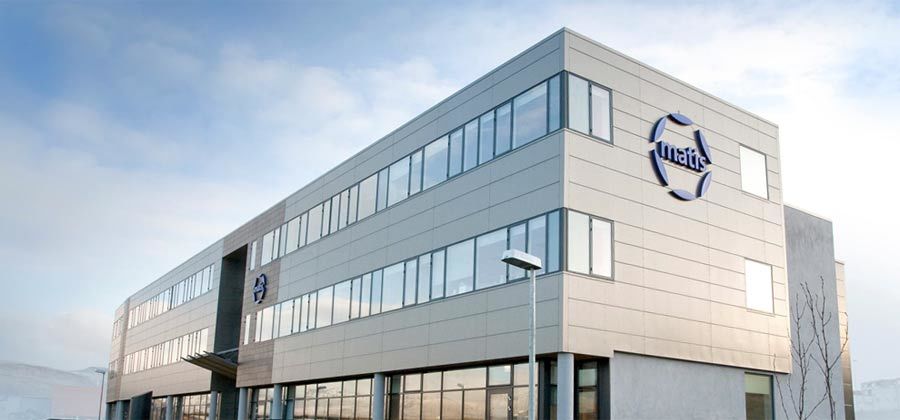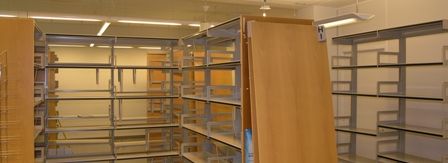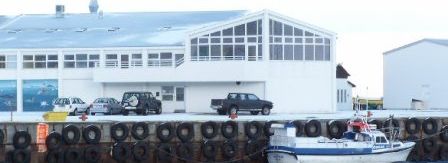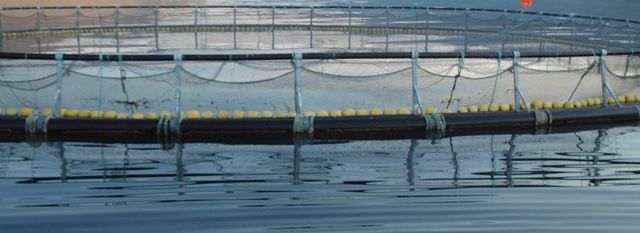Ministry of Fisheries: The capelin quota increased to 210 thousand tonnes
Á vef Mbl.is er sagt frá því að Sjávarútvegsráðuneytið hafi, að tillögu Hafrannsóknarstofnunar, ákveðið að auka loðnukvótann á vetrarvertíðinni 2006
Ministry of Fisheries: The capelin quota increased to 210 thousand tonnes Nánar »






